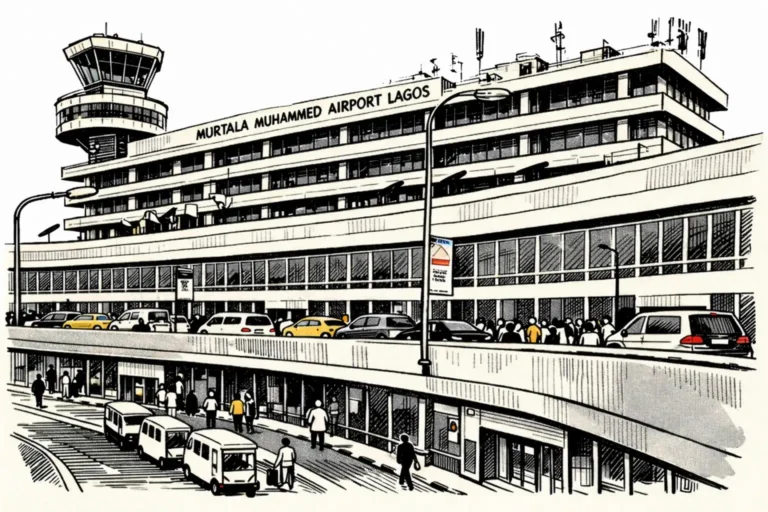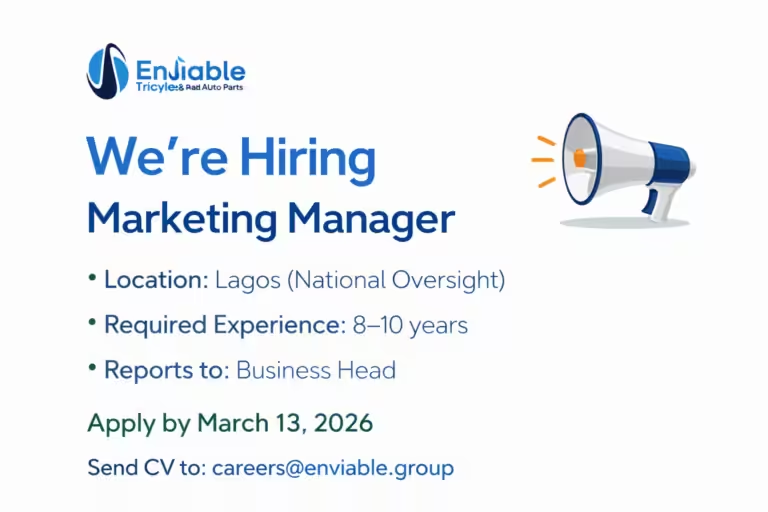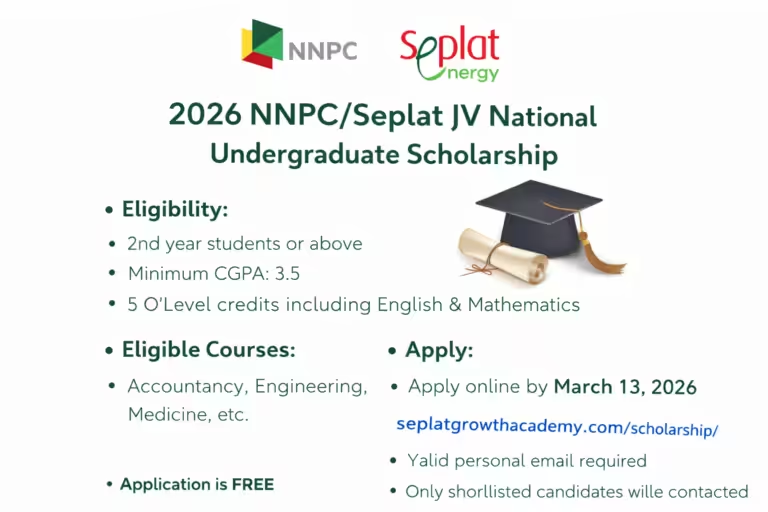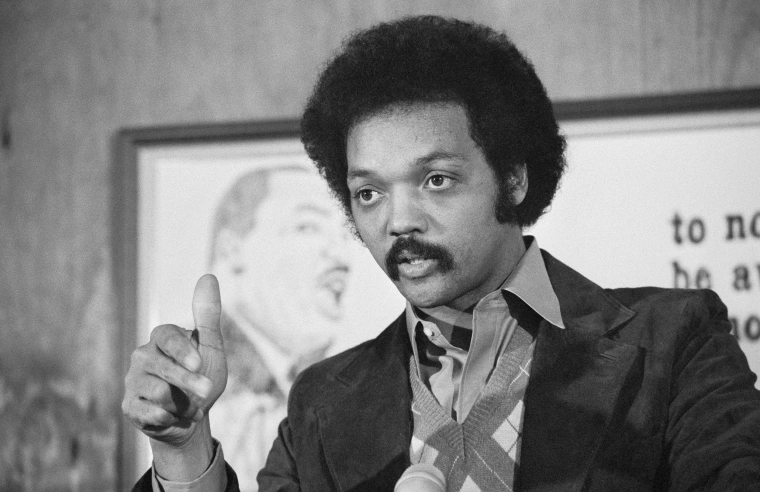General Hydrocarbons Limited (GHL) has dismissed allegations by First Bank of Nigeria (FBN) Plc regarding a purported $225 million debt, labeling the claims as “misleading and without merit.”
In a statement signed by Abdelmuizz Bello, GHL’s Director of Strategy & Operations, the company urged the public to disregard the accusations, describing them as both “misleading and malicious.”
Allegations by FBN
FBN had alleged, in media reports published on January 10 and 11, 2025, that GHL, owned by Mr. Nduka Obaigbena, Chairman of THISDAY/ARISE Media Group, was restrained from accessing its accounts due to outstanding debts.
In response, Bello countered, stating:
“The allegations of diversion of monies advanced to GHL are unfounded and baseless. Payments were made by FBN directly to service providers after undergoing vetting and approval by its credit and risk teams.”
Background of the Dispute
GHL entered a Subrogation Agreement with FBN on May 29, 2021. Under this agreement, FBN would fund GHL’s exploration and development of OML 120 in exchange for a 50% share of profits from oil proceeds over eight years.
Bello further explained that FBN assumed multiple conflicting roles during the course of the project, including acting as lender, risk manager, and operator.
“At one point, FBN not only vetted, approved, and paid all invoices but also appointed a Chief Financial Officer for GHL, effectively taking control of all financial disbursements.” Bello pointed out.
The agreement was also aimed at addressing FBN’s non-performing loans, which had ballooned due to “unsecured and reckless lending to Atlantic Energy,” an issue unrelated to GHL.
This arrangement allowed FBN to avoid declaring a loan loss of ₦302 billion at the time. Instead, after signing a tripartite agreement with GHL, FBN reported a profit of ₦151 billion ($377.5 million) for the financial year ending December 31, 2021.
Fallout and Operational Challenges
The partnership deteriorated when FBN failed to meet its funding obligations for the OML 120 project. While FBN disbursed $185 million, it reportedly delayed payments, taking up to 70 days instead of the agreed five days causing GHL to incur operational losses exceeding $147 million.
“GHL entered the agreement trusting FBN to uphold its commitments, but the bank’s failure to do so has undermined its audited financial statements,” Bello stated.
Additionally, FBN sold the $600 million loan as an Eligible Banking Asset (EBA) to the Asset Management Corporation of Nigeria (AMCON) to stabilize its finances. However, this move left GHL without the necessary funding to proceed with its project.
Legal Battles
GHL obtained court orders on December 12, 2024, preventing FBN from obstructing its efforts to secure alternative funding or interfering with its operations on OML 120. Despite this, FBN allegedly secured another court order during recess, without disclosing the earlier judgment, to freeze GHL’s accounts. GHL condemned this action as an abuse of judicial process.
Moving Forward
GHL clarified that the $185 million disbursed by FBN is not yet due for repayment, as per the agreement, repayment would only begin after profits are realized from commercial oil production. The company also emphasized its commitment to salvaging the OML 120 project by exploring alternative financing options, given FBN’s non-performance under the agreement.

























